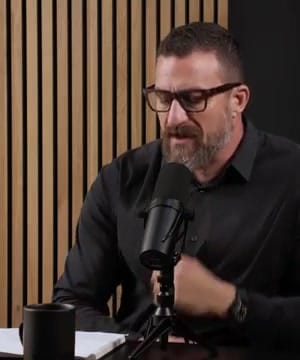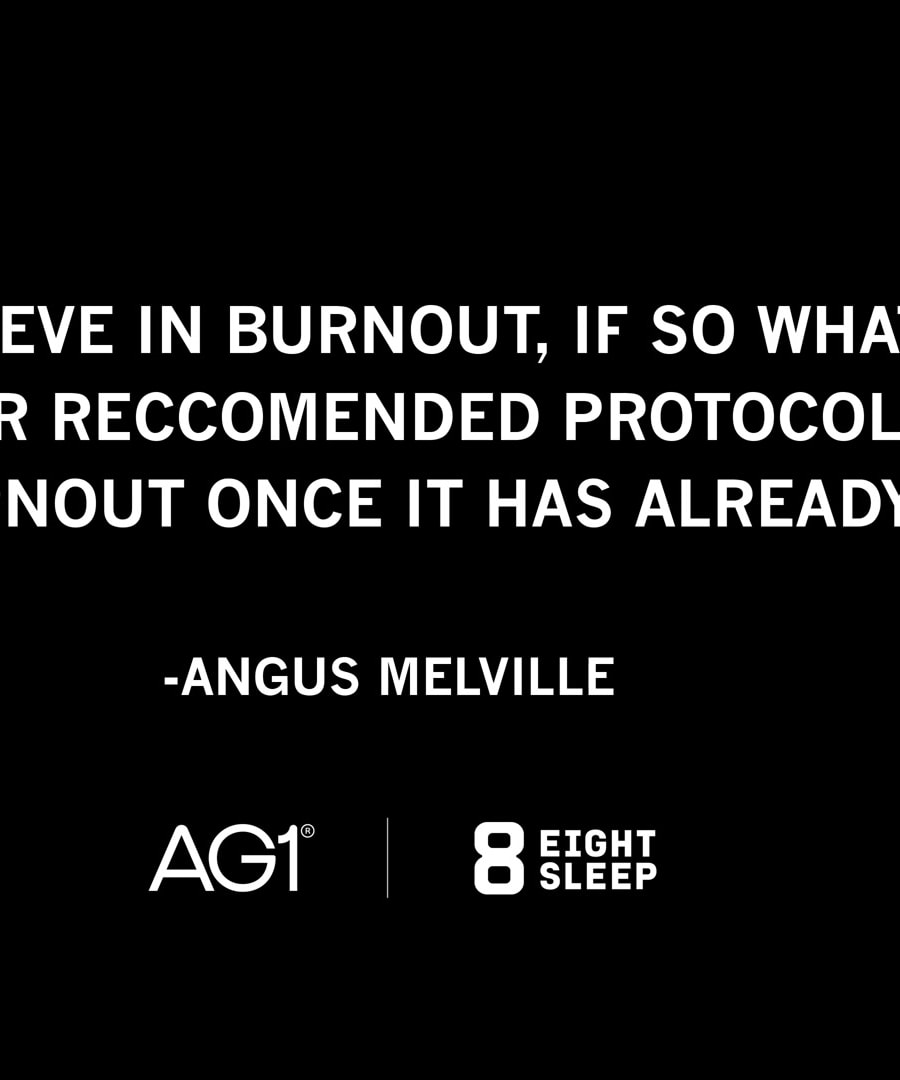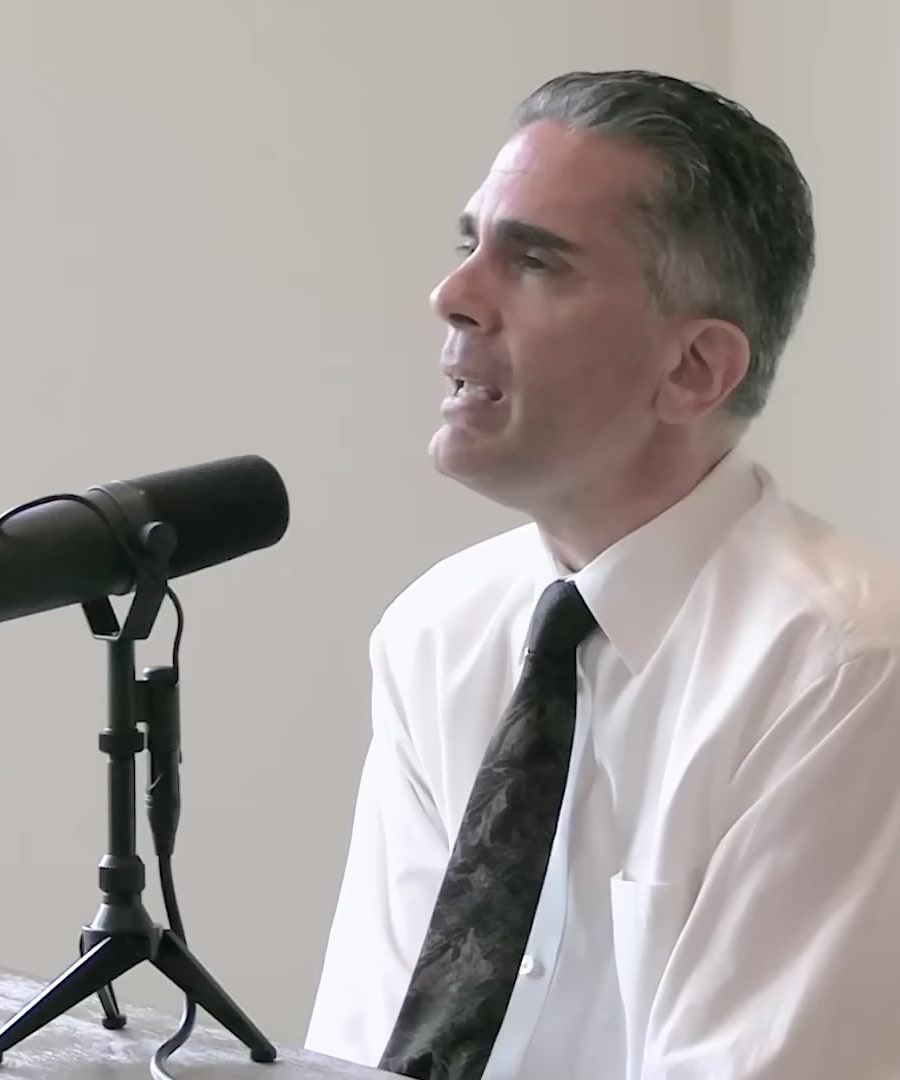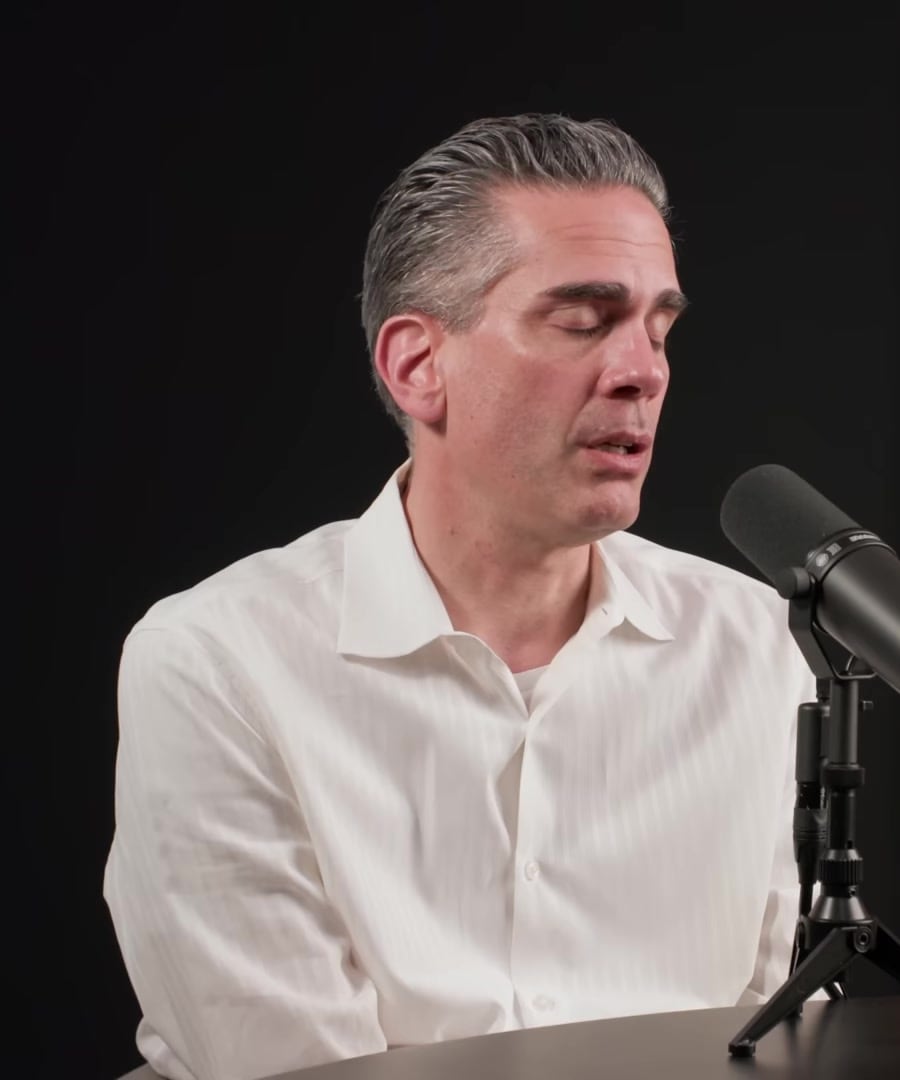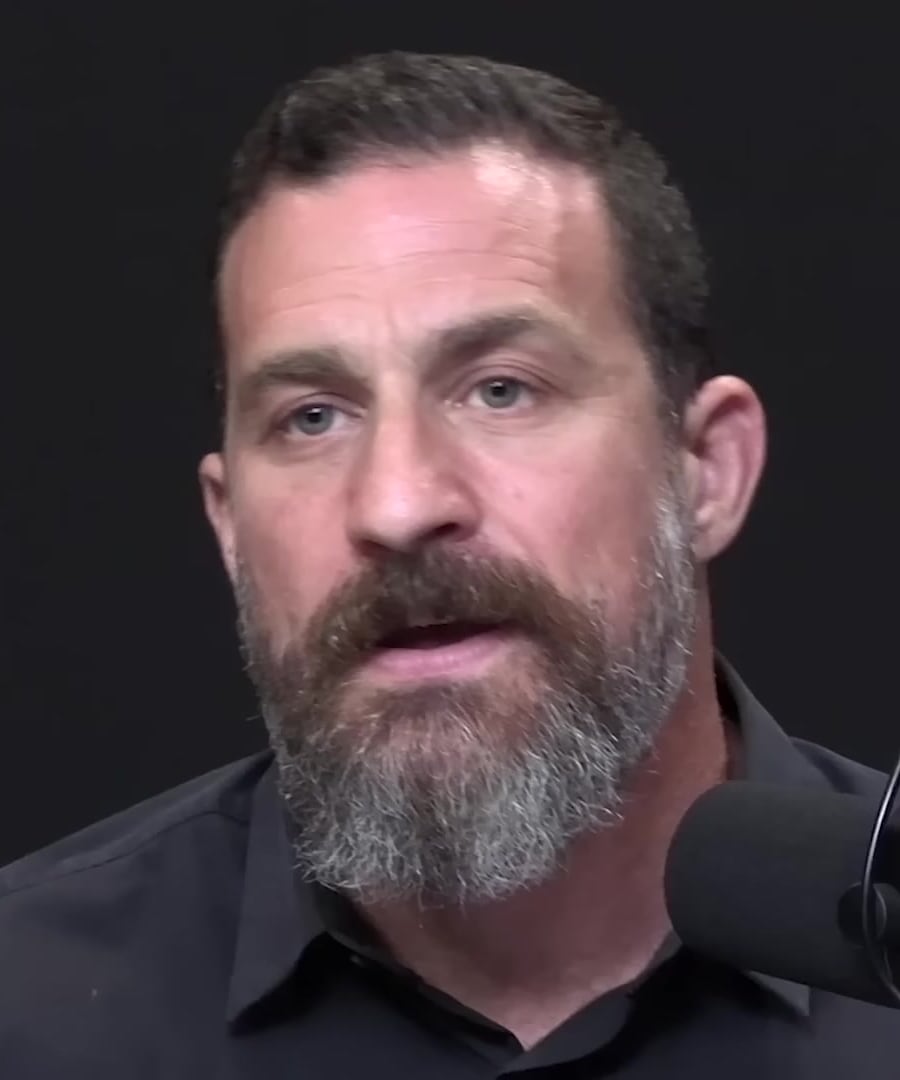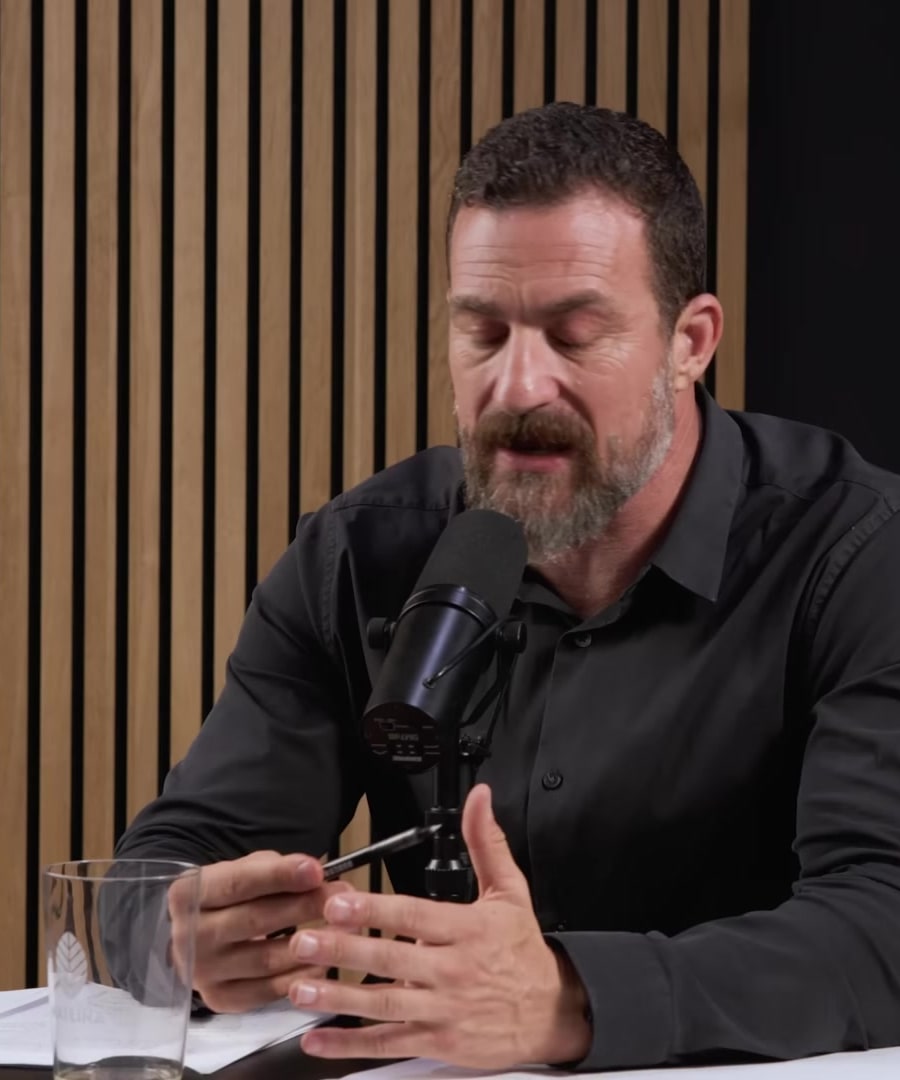I have been through burnout and I want to reflect on the experience with a growth mindset. What ways could i do that
Sources:
Reflecting on burnout with a growth mindset involves shifting your perception of stress and failure to view them as opportunities for improvement. Here are some insights from the that might help:
-
Transform Stress Interpretation: It's common to see physiological responses like a racing heart as negative, but these can be reinterpreted as your body's way of preparing you for action. By changing your mindset to see stress as enhancing, your body's stress response can become a tool for optimizing performance rather than a hindrance 1.
-
Defensiveness vs. Improvement: In a fixed mindset, there's a tendency to compare oneself to those doing worse to recover self-esteem. In contrast, a growth mindset encourages learning from those who are performing better. This approach can help transform setbacks into learning opportunities, crucial for overcoming burnout and maintaining resilience 2.
-
Embrace Comeback Narratives: People are universally drawn to comeback stories, showing the human journey of overcoming adversity and achieving success. Viewing your experience of burnout as a chapter in this journey can inspire growth and resilience. The hero's journey is a powerful framework that resonates across cultures and emphasizes persistence and learning from failures 3.
Adopting these perspectives can turn the experience of burnout into a period of personal growth and learning.
RELATED QUESTIONS-
Are there examples of others overcoming burnout?
Sources:
Here are some examples and insights on overcoming burnout from the Huberman Lab podcast:
-
Maya Shankar's Experience: discussed her personal experience with burnout, particularly noting the higher rates among people with strong emotional empathy, such as healthcare workers. She found relief by cultivating cognitive empathy and empathic concern, rather than shutting down emotional reactions. This approach can help protect against burnout by allowing one to manage energy levels effectively without closing off empathy entirely 1.
-
Andrew Huberman's Insights: explained that burnout is often psychological, arising after prolonged stress periods when we don't find joy or meaning in our activities. He emphasized the importance of engaging with activities or people that one wholeheartedly enjoys. These moments of joy and excitement can lift the nervous system and help prevent the slide into depression. He encourages rest and exploration of new experiences to reignite internal excitement and meaning 2.
These examples illustrate how understanding and modifying your approach to empathy and investing in activities that bring you joy can help manage and overcome burnout.
RELATED QUESTIONS-
Are there more stories of overcoming burnout?
Sources:
Here are further insights and stories about overcoming burnout, as discussed on the :
-
Cognitive Empathy as a Tool: addresses the issue of burnout in high-empathy individuals, like healthcare workers. She suggests that instead of shutting down emotional responses, cultivating cognitive empathy and empathic concern can be protective against burnout. This allows individuals to manage emotional engagement without being overwhelmed by others' pain 1.
-
Rekindling Joy and Meaning: shares that burnout often arises not during stress but months afterward, and it's more psychological than physical. He highlights the importance of engaging in activities that bring joy and meaning, which can lift the nervous system and prevent a slide into depression. Huberman suggests a combination of rest and exploring new experiences that evoke internal excitement 2.
These strategies emphasize modifying empathy approaches and finding joy to manage and overcome burnout effectively.
RELATED QUESTIONS-
At time when I've been verbally abused and shouted at I find it very hard to ignore and forget about the incident and find myself reliving it over and over again even though I don't want to. What should I do to overcome this?
Sources:
Dealing with experiences like verbal abuse and the distress that follows can be incredibly challenging. Here are some insights and suggestions based on discussions:
-
Therapy and Medication: Dr. Paul Conti highlights the importance of therapy in tandem with medication for addressing conditions like OCD and trauma. Medications can help manage feelings of distress and compulsive thoughts, allowing individuals to engage more effectively in therapy. This approach can enhance distress tolerance and reduce rumination, the repetitive thinking about distressing events 1.
-
Understanding Repetition Compulsion: Repeating cycles of distress, referred to as repetition compulsion, are rooted in unresolved trauma. Trauma impacts the brain's limbic system, often triggering shame and fear. The drive to resolve these feelings can lead individuals back into familiar, albeit harmful, situations. Understanding this process can be a vital step toward change 2.
-
Processing Trauma Verbally: advises expressing trauma through intense and appropriate language, either orally or in writing, to prevent it from taking root in the unconscious and manifesting as anxiety or sleep disruptions. Suppressed trauma may resurface as intrusive thoughts or wakefulness during sleep. Sharing your experiences with someone you trust can aid in processing and relieving these effects 3.
Addressing these experiences with professional guidance through therapy and possibly medication can provide a structured path to overcoming distress. Expressing your trauma openly and understanding the psychological patterns at play are also crucial elements in finding relief.
RELATED QUESTIONS-
What mindfulness exercises can help?
Sources:
To help overcome trauma and distressing experiences through mindfulness, suggests integrating practices such as mindfulness and self-directed hypnosis. These techniques can empower individuals to manage stress and maintain calm in the face of trauma.
-
Mindfulness and Yoga Practice: Mindfulness, combined with yoga, can be a profound tool for individuals dealing with trauma. These practices are beneficial as they promote relaxation and self-regulation by focusing on the present moment and bodily awareness. Dr. Carrión implemented these exercises for his team to help them cope with vicarious trauma, demonstrating their effectiveness firsthand 1.
-
Self-Directed Hypnosis: This technique involves using self-hypnosis to guide oneself into a relaxed state. It is not about being controlled by someone else but about taking control to achieve a state of relaxation. Self-directed hypnosis can help manage trauma by allowing individuals to focus inwardly and create an internal environment of calm 1.
Incorporating these mindfulness exercises into your daily routine may help alleviate the repetitive distress experienced from past verbal abuse or other traumatic encounters.
RELATED QUESTIONS-
I have been through burnout and I want to reflect on the experience with a growth mindset. What ways could i do that
- RELATED QUESTIONS
Are there examples of others overcoming burnout?
- RELATED QUESTIONS
Are there more stories of overcoming burnout?
- RELATED QUESTIONS
At time when I've been verbally abused and shouted at I find it very hard to ignore and forget about the incident and find myself reliving it over and over again even though I don't want to. What should I do to overcome this?
- RELATED QUESTIONS
What mindfulness exercises can help?
- RELATED QUESTIONS
